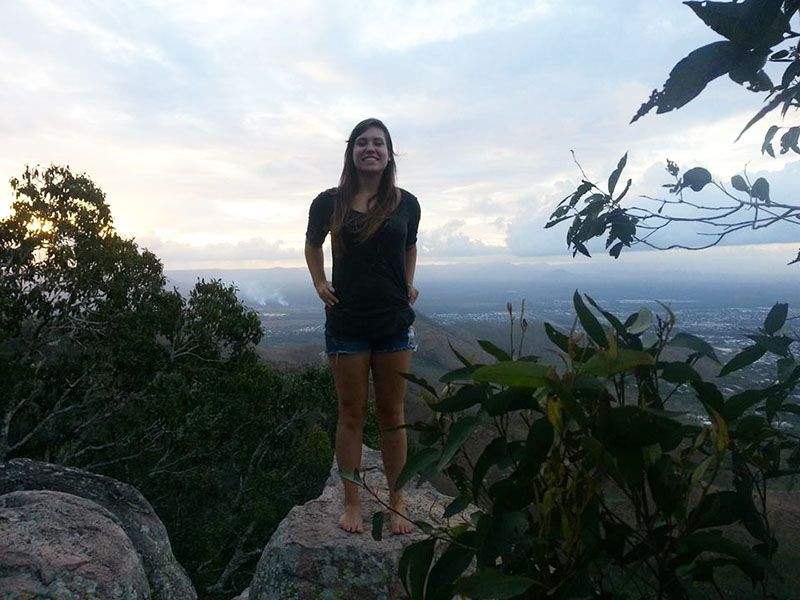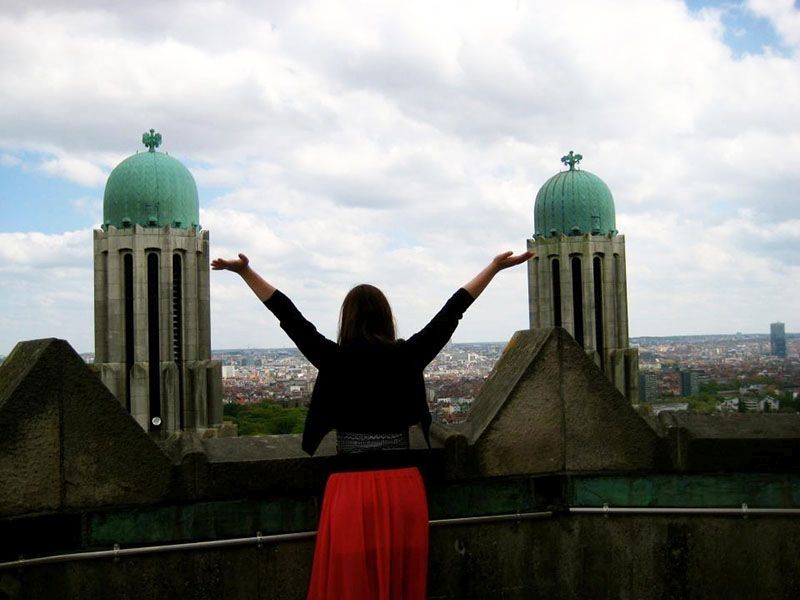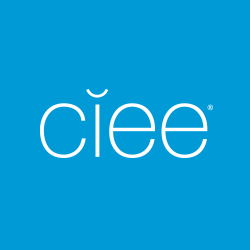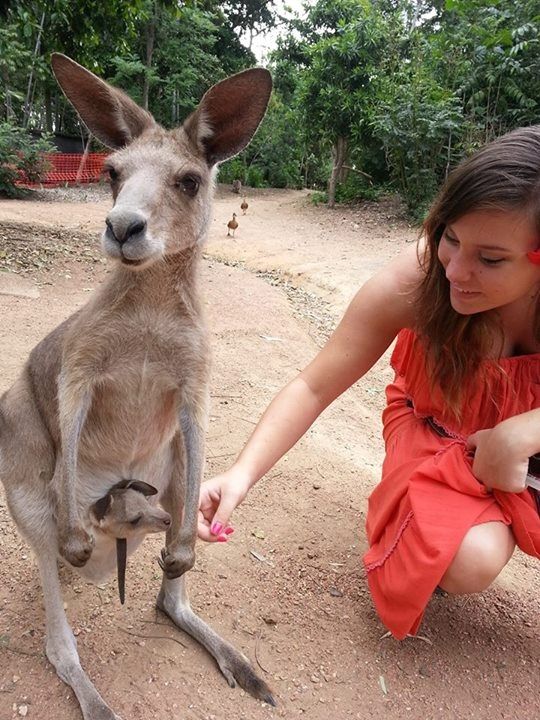The Acculturation Model: A Study of Reverse Culture Shock
Our November Alumni of the Month, Elaine Capella, studied abroad with CIEE in Brussels, Belgium in 2013 through CIEE’s Business, Communication, + Culture Program. She also spent three semesters studying in Australia. For her thesis at Oregon State University, Elaine researched the concept of reverse culture shock – the process of returning back to your home country after time spent abroad. In her thesis, Elaine argues that a study abroad experience doesn’t end at the reintegration phase, and she proposes a new model of cross-cultural adjustment. We asked her about her research, and how it relates to her own experience abroad.
CIEE: Why did you decide to study reverse culture shock for your thesis?
Elaine Capella: I decided to study reverse culture shock for two reasons. The first came from my own personal experience after returning home from 2 years spent abroad (1 semester in Belgium, and 3 semesters in Australia). The second reason came through my search to make sense of that experience. After discovering that the resources available to returnees were limited (and quite frankly, very outdated), I became inspired to create my own transitional tool for those who experience reverse culture shock.
CIEE: What was your own personal experience with reverse culture shock?
EC: The shock of returning home proved to be very difficult for me. Even though I was returning home to my family, friends, and familiar surroundings, I was still confused and felt lonely because no one really understood or could relate to my experience abroad. Apart from that, I had to readjust back to the American academic system, in addition to catching up with the lives of my family and friends. Mainly, returning home was difficult because I was not the same person who left. I had a new identity. I had become more outspoken, independent, confident, and mature. In that, my views concerning many things such as politics, language, cuisine, and cultural/societal norms, had changed.
“Even though I was returning home to my family, friends, and familiar surroundings, I was still confused and felt lonely because no one really understood or could relate to my experience abroad.”
CIEE: What was the main finding/theory of your thesis?
EC: The main finding/theory of my thesis is the model I created, which I titled “The Acculturation Model” (inspired by the term “acculturation” itself). In my thesis, I analyze what the popular, prior models of culture shock/reverse culture shock illustrate, and I argue that a study abroad experience doesn’t end at the “reintegration” stage, but rather progresses into a journey to a new identity. In many senses, the terms ‘re-entry’, ‘reintegration’, and ‘re-assimilation’ have a definition that stresses the process of “returning back,” which I believe is deceptive. Study abroad students are not in fact on that sort of linear path, but continue to progress in life as they acquire more and more knowledge and grow in their beliefs and ideas. 
CIEE: How did your research on study abroad fit into your academic life/field of study?
EC: Since I double majored in Cultural Anthropology and International Studies, the subject of reverse culture shock fit into my studies very well. What I find really important is the fact that my thesis topic is not limited to study abroad students. My research can also be applied to many other groups such as tourists, immigrants, missionaries, those who work internationally, etc.
Study abroad students are not in fact on that sort of linear path, but continue to progress in life as they acquire more and more knowledge and grow in their beliefs and ideas.
CIEE: How do you think study abroad programs could improve their program model to help students through the reverse culture shock process?
EC: I think study abroad programs could improve their program model to assist students experiencing reverse culture shock by highlighting the model I created. The Acculturation Model stands apart from the previous models in that it acts as a base for each individual to rationalize their experience and track their transitional path on their own terms, rather than trying to fit their experience into a strict precedent that limits individuality and does not cater to their unique experience. The Acculturation Model highlights this journey to a new identity without the linear aspect of time. Therefore, forced ‘reintegration’ isn’t the forefront of what students should be striving for, but instead, it is the comfort of embracing one’s new identity.
Related Posts
The Journey & The Coming Home
"I could follow a lecture, read a book, write a paper, all of that in French, but I hadn’t been me before in French." By Charles Lee (CIEE Study Abroad... keep reading
Alumni Voices: Life Lessons Learned from Studying Abroad
Tyler Davoren, CIEE Study Abroad in Brussels, Belgium, Summer 2014 I won’t attempt to estimate how many times I’ve had to answer the following question since returning from my experience... keep reading


